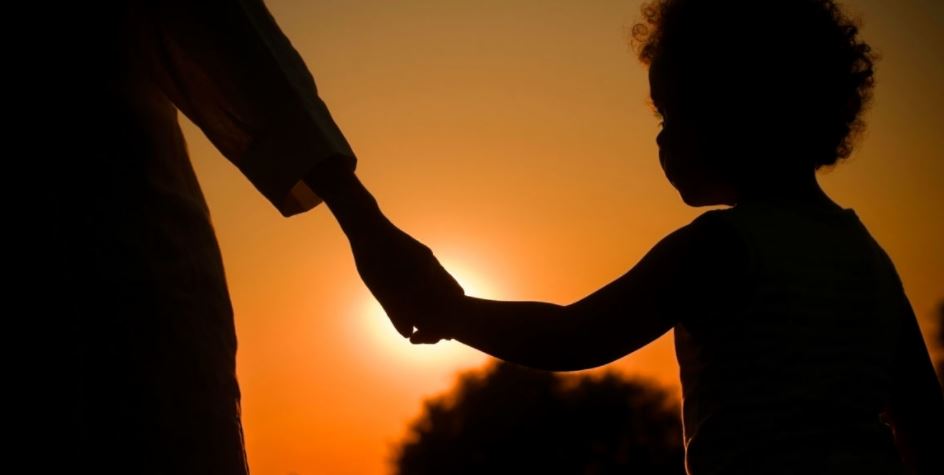Studies Show More Than 140,000 American Children Have Lost a Caregiver to COVID-19

After being 15 months deep into the pandemic, a study found that more than 140,000 children in the U.S. have lost a parent or grandparent who financially supported them. Up to 22,000 children experienced the death of a secondary caregiver as well.
As of February 2021, about 40,000 children have lost a parent to COVID-19.
Unfortunately this has taken a large toll on the Black and Hispanic Americans. These communities make up about 40% of the U.S. population. Although the official statistics are not available, some researchers estimate that COVID-19 drove a 15% increase in orphaned children.
Children of racial and ethnic minorities accounted for 65% of those who lost a primary caregiver due to the pandemic.
National Institues of Health
“These findings highlight those children who have been left most vulnerable by the pandemic, and where additional resources should be directed,” one of the study’s authors, Dr. Alexandra Blenkinsop of Imperial College London, said in a statement.
Roughly 32 percent of all kids who have lost a primary caregiver were Hispanic and 26 percent were Black. Although the entire country has been completely shocked by COVID-19, statistics are showing that these deaths are primarily affecting the Black and Brown community.
Black, Hispanic, and Asian children are twice as likely as White children to live with a grandparent.
Pediatrics Report
In California, 67 percent of the children who lost caregivers were Hispanic, while in Mississippi, 57 percent of the children who lost a caregiver were Black.
These numbers speak to a much larger issue taking place in the U.S., as COVID-19 has shed light on the disproportion in resources between different races and classes in America.
COVID-19 has affected so many different areas of life including leisure and hospitality industries, which all have a higher number of workers who are minorities.
Losing a caregiver during a pandemic can make the trauma of this period even worse.
